Amidst Europe ongoing efforts to support the integration of persons in refugee-like situations, a comprehensive consortium, combining research, human rights and educational organisations with refugee centres, is dedicated to assist when it comes to the sustained integration of youngsters.
Following the EU Action Plan for Integration and Inclusion 2021-2027, refugee integration must be a bidirectional process, shared between those persons who wish to integrate and the environment/community in which they are integrating into. This is why civil society and educational sector gain paramount importance.
It is by addressing this point, that the IPS-partnered REFUGIN project remains a key European effort towards the holistic and long-term integration of youngsters in refugee-like situations.
Mapping needs and tailored products
Placing civil society and educational professionals at the very core of the REFUGIN project, as civil society ambassadors, the project partners conducted over 30 interviews and 8 focus groups with these across partners countries, namely France, Greece, Hungary, Moldova, Romania, Poland, Portugal and Serbia. By doing so, it became clear that irrespective of the country and its specificities, mostly considering the difference between destination and transit countries the same difficulties apply, both for professionals and youth.
Indeed, this was the focus of the REFUGIN International Civic Panel, which took place in March 2024, gathering over 50 professionals to uncover how communication, access to information, trauma-informed practices and social bonding still hinder the sustainability of integration efforts. These efforts must necessarily look past immediate needs, aiming for long-term strategies.

With a clear view on the different needs of professionals and youngsters, their capacitation became a priority. This aligns with the European agenda, who calls for the investment in continuous capacity building efforts to overcome the increasing and dynamic challenges faced by young people in refugee-like situations. As a result, three different training courses were developed.
Focusing on professionals and in enhancing their understanding of the complex displacement paths, their specificities and key techniques to foment integration and manage vulnerable groups, the partnership piloted two fully tailored online courses, which were complemented by an in-person training session, which took place in Bucharest, Romania. Gathering civil society professionals and educators from all partner countries, this insightful event allowed for bridges and connections to be built, whilst fortifying the knowledge on the complexities and specificities of forced displacement paths. This in-person event was only the first of three scheduled training sessions, further deepening the capabilities of these professionals.
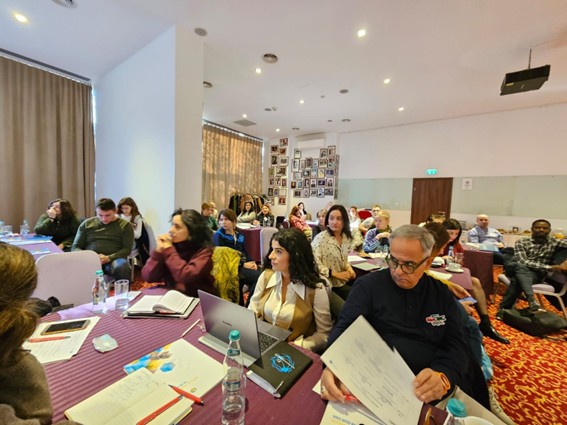
Nevertheless, as the focus also lies on capacitating youth in refugee-like situations, an innovative online course was developed to support this audience, using a hero narrative to showcase how difficulties can be surpassed in terms of learning, language, culture and identity.
Increasing visibility, greater impact
The REFUGIN partners are committed to building and sharing the knowledge gathered, participating in different events beyond the scope of the project to promote its bi-directional and holistic approach.
In June 2024, the REFUGIN project left a lasting impression at Fo rum Refu gio’s seminar “New realities of asylum and migration” in Lisbon, Portugal. IPS’ Head of Unit for Communitarian Inclusion and Social Development, Margarida Damas, presented the project’s innovative and comprehensive training approach, which was emphasised as a differentiating feature towards inclusion.
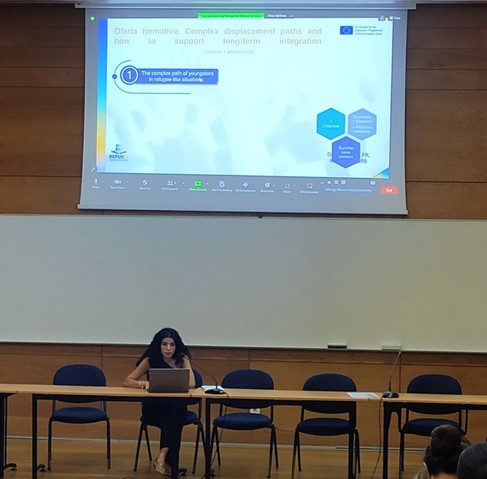
Furthermore, the REFUGIN project was also featured during a European project training event in Warsaw, Poland, discussing how its approach represents a step further in the way integration in cases of forced displacement should account for vulnerabilities, but also, and most importantly for potentialities, which are both individual and local.

Synergies and network as an ongoing effort
Building upon the need to build better and more integrated synergies, the REFUGIN consortium hosted an online networking event, which by focusing on good practices in Greece and Portugal emphasised how difficulties can be overcome with dedication, commitment, the right support and resources.
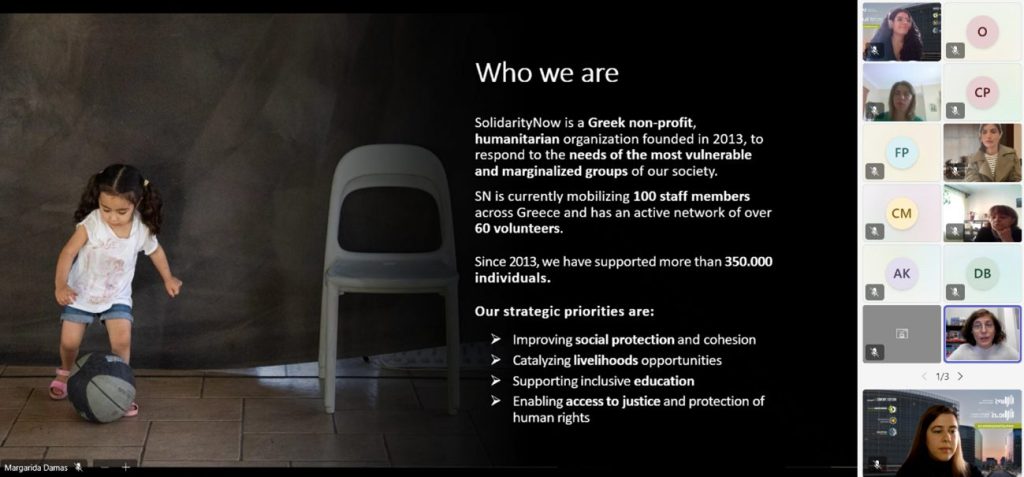
This event personalised the REFUGIN network, allowing its different members to get to know one another, their work scope and challenges. By doing so, it uncovered common solutions to shared problems.
The REFUGIN network is a pivotal platform for the project, focusing on empowering and connecting civil society and educational practitioners with up-to-date learning opportunities and materials.
This online hub fosters a collaborative environment, which enables exchange and direct interaction, sharing best practices, discussing common challenges and collectively work towards more tolerant societies, where youth in refugee-like situations can more easily integrate into.
Know more about this project

REFUGIN
Communitarian approach for a holistic young refugee long-term integration
The REFUGIN project consortium is led by the Les Militants des Savoirs Association (France), and partnered by IPS_Innovative Prison Systems (Portugal), KMOP Social Action and Innovation Centre (Greece), UNITED For Intercultural Action (Hungary), UREP – União de Refugiados em Portugal (Refugees Union in Portugal), the School with Class Foundation (Poland), the Helsinki Committee for Human Rights in Serbia , EaSI – European Association for Social Innovation (Romania), and the Charity Centre for Refugees in Moldova.
For more information on the REFUGIN project, please visit its page.
Related projects
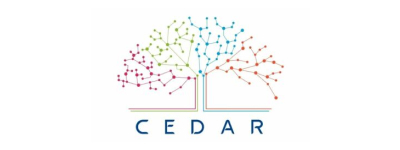
CEDAR
Continuing Education Against Radicalisation

COOPERHATE
Delivering a comprehensive approach to preventing, reporting, investigating and prosecuting hate crime and hate speech-related incidents in Portugal

DIGIDEM
Fostering Digital Democracy and Citizenship in Higher Education

EUTEx
Developing a European framework for disengagement and reintegration of extremist offenders and radicalised individuals in prison

FUTURE-ART
Sentinels of the Future: Together to Eradicate Human Trafficking
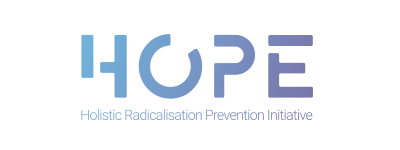
HOPE
Holistic Radicalisation Prevention Initiative (Balkan countries)
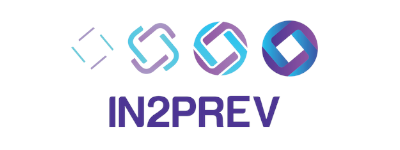
IN2PREV
Law enforcement and community cooperation and training approach to prevent radicalisation by ensuring refugees’ successful inclusion
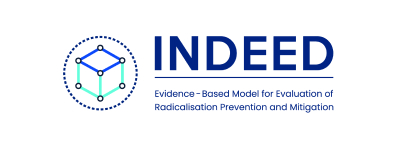
INDEED
Strengthening a comprehensive approach to preventing and counteracting radicalisation based on a universal evidence-based model for evaluation of radicalisation prevention and mitigation

INTEGRA
Integrated Community, Probation and Prison Services Radicalisation Prevention Approach

KOBAN
Identifying future capabilities for Community Policing
Related news

IPS has joined a new partnership focused on enhancing the prevention, reporting, and investigation of hate crimes and hate speech in Portugal
Read More »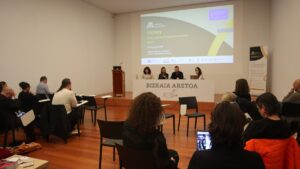
Presenting resources for victims and practitioners at European meeting on responses to hate-motivated harm
Read More »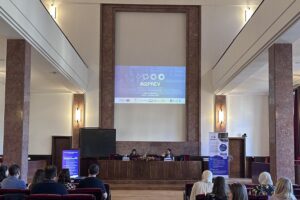
IN2PREV Final Conference highlights cross-sector collaboration for refugee inclusion and radicalisation prevention
Read More »
Standing united against hate: A national effort to prevent and tackle hate crime and hate speech in Portugal
Read More »




